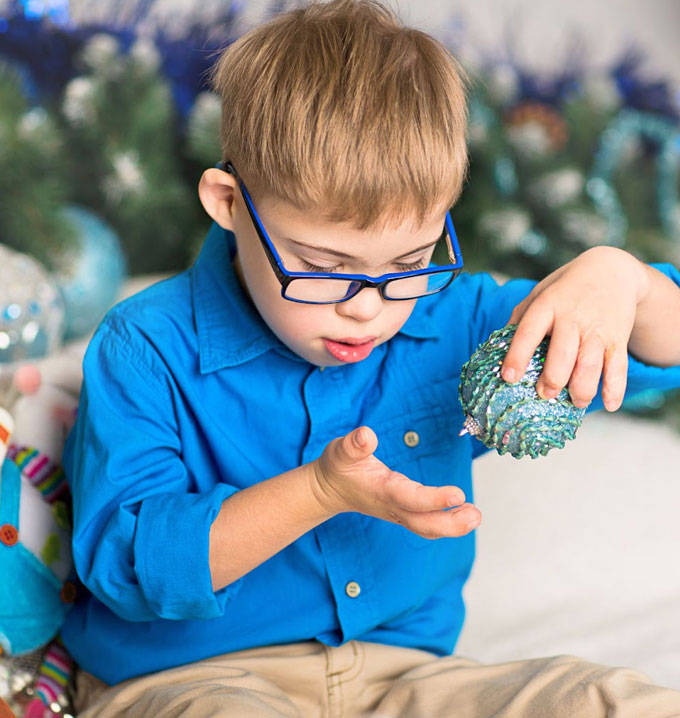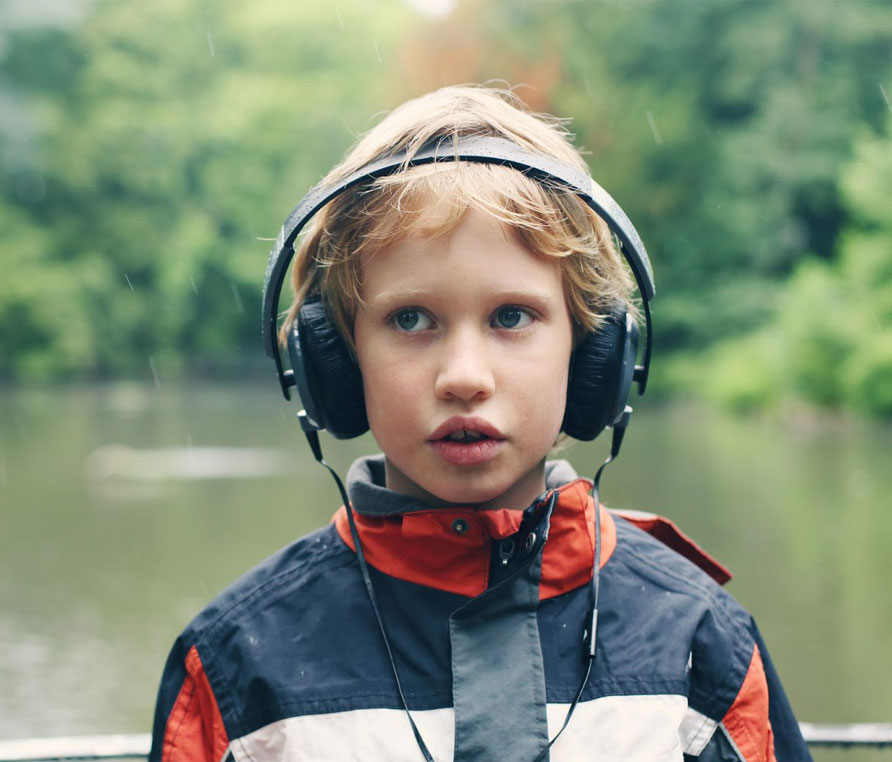Holiday Tips For Autistic Kids – Lighthouse Autism Center
The holidays are generally a period to look forward to for most children, but they can be stressful for children with autism due to their change in routine and potential for sensory overload. We have five quick tips to help you and your autistic child have a good time and enjoy the holidays.
5 Quick Tips for Celebrating Holidays with an Autistic Child

The holidays are a break to look forward to for most kids, but this time of year can be both exciting and overwhelming for children, especially those with an autism diagnosis. Whether it’s due to an unexpected change in schedule, overstimulation, or just the stress of the holiday season, this time of year can be challenging for autistic children.
Below, we have compiled a list of holiday tips to help your autistic child (and all children really!) manage the stress of the season so that your family can focus on what’s most important, enjoying time together.
1. Preparing to Support Your Autistic Child During the Holidays
The first thing you should do if you are planning a holiday trip, event, or gathering is ensure that your autistic child understands what might happen. Autistic children may not deal with change well, so it’s important to give them the tools to cope with the change to routine they might experience during this time of year. You can do things like, take them to visit somewhere before the event. For example, if a sibling is in a holiday program, you might take your child to visit the space before the day of the program several times, and explain to them what will take place. You can do that by showing them photos, and talking to your child about what to expect. Additionally, you can read them books about similar situations or show them photos of a place you plan to visit beforehand.
2. Communication with others and your child is important
During the holidays, we often see family or friends that we haven’t seen for some time. Your family and friends may not be aware of your child’s unique needs or may not have an understanding or awareness of autism more broadly. Be sure to communicate to your family and friends ahead of a gathering or event, letting them know how to best communicate with your child, and what to expect in terms of your child’s needs.
You should also make them aware of how your child can react to certain situations so that if your child reacts in a way that your friends and family are not used to, they are not caught off guard or take offense. You can also teach your family members how to assist if a meltdown occurs, or at least let them know what you, as the parent, will do to manage the situation. For example, a child who is overstimulated may walk away to avoid the stimulus, which may be confusing to those who don’t know this is how your child will react.
3. Plan or take part in autism-friendly events and activities

Many holiday events can be crowded, loud, bright, and overall overstimulating for a child with autism. Seek opportunities for sensory friendly events that might better meet the needs of your child and family. If autism friendly events are not available, try to attend an event early, or avoid peak periods so that the event is quieter and easier to manage for your child and family. Devices like earplugs or noise-canceling headphones can also be helpful during large events.
4. Plan an “easy escape” to give your child a break from the stimulation
There may be certain holiday events that are difficult to decline or change to suit your child’s needs, such as religious services. If you are attending an event like this with an autistic child, make sure to seat yourself and your child near an exit. If your child becomes overstimulated, you can temporarily leave the event to give them the time and space they need to engage in a calming activity. If a meltdown is taking place, being seated near an exit will allow you to leave the event entirely without causing too much disruption.
5. Have fun!
Remember the holiday season is about enjoying time with family. Try to avoid feeling the pressure to do what others are doing. Do what works for you and your family, whatever that may look like, as long as you are having fun!
Learn more about autism and our Lighthouse Fusion® program
We hope these tips have made navigating autism and the holidays easier for you and your child. Two more ways to help you and your child navigate through life are our autism resources and Lighthouse Fusion ABA therapy program. Explore these materials and learn about all the ways Lighthouse Autism Centers can assist you and your loved one.
Together, we can unlock your child’s potential
Related News

06/11/2025
Overcoming Stereotypes
Autism stereotypes are common and can have significant social consequences for autistic children. Misconceptions hinder the acceptance and inclusion of autistic children. Challenging these stereotypes is vital for creating a more understanding and supportive society. Challenging Common Autism Stereotypes When people hear the word “autism,” they often imagine a narrow set of images, like the […]

06/11/2025
What’s Next After ABA Therapy?
There are a number of reasons why an autistic child might stop ABA therapy, and one is that they have reached their goals. In this article, we take a look at what parents can expect going forward. What Are the Next Steps After ABA Therapy? As a parent, you only want what’s best for your […]

06/11/2025
Do Babies with Autism Smile?
We take a look at the importance of early intervention, some of the milestones for parents to look out for, and the more common signs of autism in babies. Do Babies with Autism Smile? Watching your baby grow is an exciting time, certainly one of life’s quiet wonders. From those first sleepy stretches to the […]


